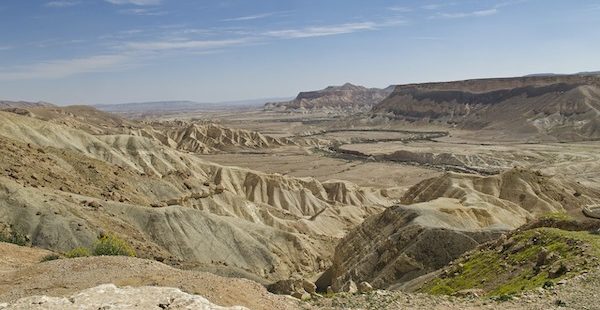
Prayer in Times of National Apostasy: The Theology of Prayer in the Books of the Kings (Part Four)
This is the final part in an ongoing article about prayer in First and Second Kings. Check out Part One, Part Two, and Part Three.
The Power of Prayer in the Books of the Kings
One thing is clear: the prayers that are recorded in the Books of the Kings actually worked. They had an outsized effect on the history of the nation. Like raindrops frozen into a glacier, the individuals prayers seem powerless until they are solidified by God. Then, the mere words of prophets and worshippers are able to change the course of history and move Yahweh himself to act.
It was an age of apostasy, as we have seen. From the perspective of those present, there was little reason to hope. Why would sensual men want to give up the fertility rites of Baalism for the self-denial of Yahwism? What could stop the progress of kings like Ahab who had married into the upper strata of the Baal-priesthoood? What would motivate conversions when Yahweh-worshippers were being hunted like rabbits? The scene appeared hopeless, but Yahweh intervened – in response to the prayers of his people.
Eljah’s ministry and prayers were so effective that, at the end of his earthly life, he was lamented as “the chariots of Israel and its horsemen” by his assistant Elisha. Elisha went on to have a similarly powerful ministry and was lamented with the same words. These men really were the equivalent of the entire cavalry of the Israelite nation, so effective were they in protecting God’s chosen people. Elijah single-handedly confronted a tyrant, brought a nation to its knees, and overthrew an apostate dynasty through prayer. Elisha was able to open and close the eyes of men through prayer alone. Hezekiah’s prayers overthrew the Assyrian army, the most powerful military force in the world at that time.
Leithart summarizes well the power of God and the effect of prayers:
“Yahweh is the boundary-transgressing, infinite, boundless God. He never retreats, never suffers a setback, is never frustrated. Nothing can hold him or hold him back. Drought cannot limit him; in fact, he sends the drought. Death cannot keep him away. He is the lord of life and of death and demonstrates his power over life and death in the resurrection of Jesus. And he promises to put his infinite resources at the disposal of those who pray in righteousness and faith. He is our helper, ready and waiting to receive ‘instructions’ through the effectual fervent prayers of righteous believers.”
Leithart, 131
This, then, is a call to prayer. Modern technology may have advanced from chariots to hydrogen bombs and from horse-drawn plows to electric turbines, but spiritual technology remains the same: we are the blessed ones, for we have access to the same God, through prayer, that they had.



